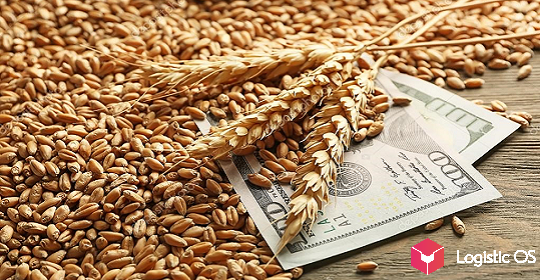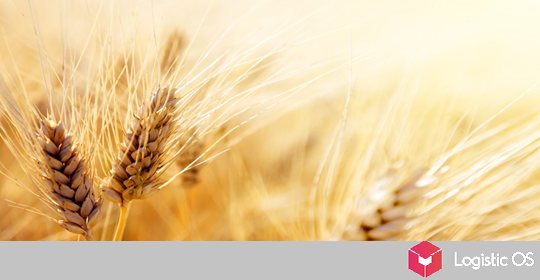According to the government decree, from February 15 to June 30, 2024, the quota will be 24 million tons.
This decree was recently signed by Russian Prime Minister Mikhail Mishustin. It concerns the export of crops such as wheat, meslin, barley and corn.
It is especially emphasized that the restrictions do not apply to exports going to the EAEU countries.
In addition, the established quotas do not apply to the export of durum wheat. It has its own rules: until May 31, its export is allowed without restrictions, and then it will be prohibited.
It is worth noting that the current year’s norm of 24 million tons is less than last year’s value of 25.5 million tons.
This may be due to last season’s record harvest, compared to which this year’s harvest was smaller. In 2021-2022, the harvest was far from the largest, and therefore the quota was only 11 million tons.
At the same time, for the first time such an instrument as a grain export quota was used in the Russian Federation in 2020.
How will quotas be distributed?
Nothing new has been provided in this regard yet; the historical principle still applies: quotas are distributed, first of all, among exporters who supplied the maximum amount of products abroad in the previous season.
At the same time, the quota now includes a main and an additional part.
If a company gives up part of its quota, the remainder goes into an additional part, which is distributed according to the same historical principle.
It is assumed that thanks to this mechanism, the maximum number of quotas will go to those companies that want and have the opportunity to actually supply grain abroad, thus the quota will be practically selected.
One of the factors that may reduce the desire of exporters to actively conduct their activities may be an export duty.
However, not so long ago, Vladimir Putin signed a decree that gives the government the opportunity to reduce and even zero out the export duty for supplies to friendly countries.
And although this right has not yet been used, this gives hope that there may be some relaxations in this area, which will increase the profits of exporters and agricultural producers.
It is interesting that in the first half of the current season, Russia set a record for grain exports, despite the sanctions imposed against it, which caused, among other things, difficulties with payments for supplies.
As of mid-December, the volume of these exports amounted to about 31 million tons.

